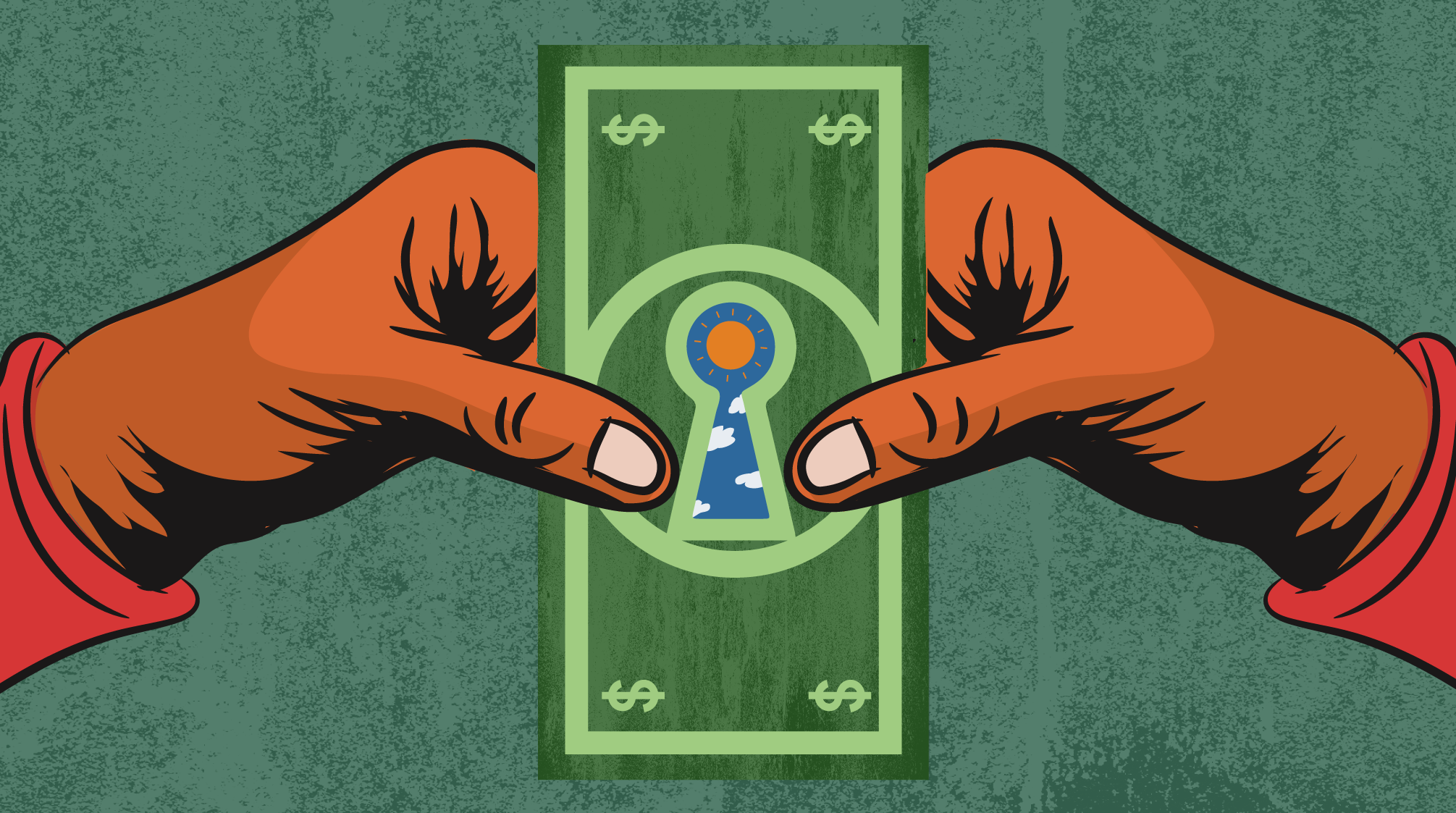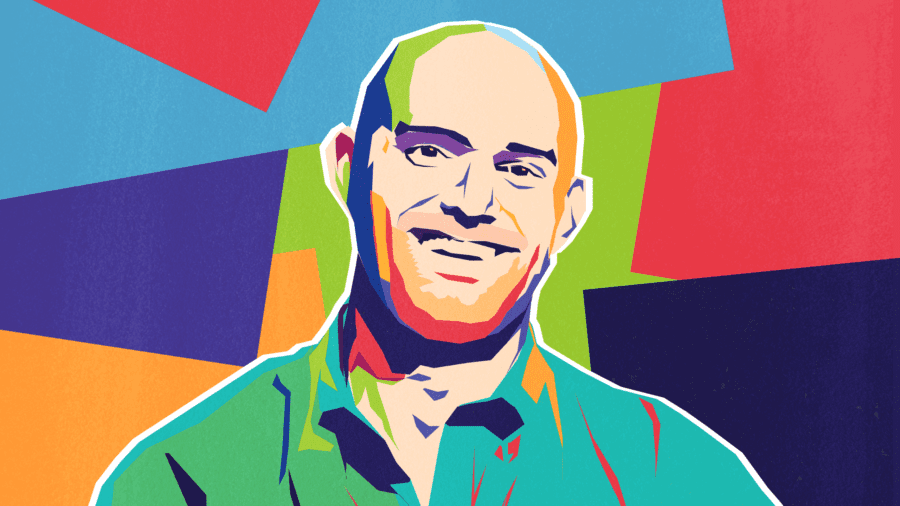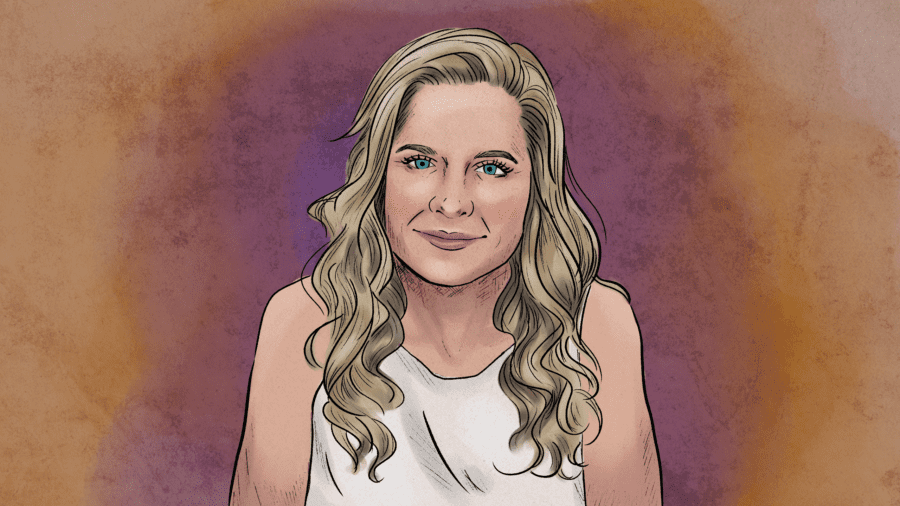
There’s a certain phrase that everyone has heard at least a dozen times in their lives — money can’t buy you happiness. People always throw this phrase out when the topic of conversation steers toward money.
But what would you do if you won the lottery? What would your life look like if money was not an issue? These questions are fun to think about and discuss because, after all, who doesn’t fantasize about having an unlimited amount of money to do whatever they want?
We hate to be the harbinger of bad news, and we certainly don’t want to make you hear that tired old phrase about money not equalling happiness again. However, we have to admit — acquiring wealth might make you comfortable, but it doesn’t mean you’ll be happy.
It’s important to make the distinction that we aren’t saying acquiring wealth is a bad thing. Rather, it simply isn’t everything, and we have the true stories from real people to back it up.
If you’re sick of hearing that money can’t bring you happiness and believe that if you had enough money, you’d surely be happy, you’re in the right place. In this article, we provide four inspirational stories from real celebrities that prove money and fame don’t always lead to happiness.
The Reality of Money + Happiness
Despite hearing that phrase our whole lives, the fact of the matter is that we need money to survive. Not only that, but we need money to pursue hobbies or other interests that bring us fulfillment in life. So how do we make the most of the money we’ve worked so hard to obtain so that we can maximize our happiness?
How Much Money Do You Need to Be Happy?
Happiness is, in fact, directly correlated to having enough money — just ask anyone who survives off of minimum wage. Making more money opens new doors for you. For instance, having a larger salary can provide access to homes in more secure neighborhoods, improved health care and nutrition, a more meaningful job, and additional free time. Having said that, this is valid only to a limited extent.
When our income reaches a certain level, and our fundamental needs for food, health care, safety, and shelter are met, the positive effects of money, such as being able to purchase the home of your dreams, are frequently outweighed by the negative effects of money, such as having to work longer hours or in jobs that are more stressful in order to maintain that income.
Acquiring Possessions vs. Pursuing Experiences
There are many people who operate under the false assumption that “things” will bring them greater enjoyment than “experiences.” After all, the experience of attending a concert, taking a cooking class, or going on vacation is shorter-lived than the ownership of a physical object, such as the most recent iPhone, handbag, or automobile.
The act of acquiring new possessions might bring about short-term feelings of contentment. In the long run, however, we are able to acclimate to new experiences, and despite the fact that they may have first brought us joy and excitement, the novelty of the new thing soon gives way to the status quo and recedes into the background.
The satisfaction that comes from investing in experiences, on the other hand, has a tendency to grow over time. One of the reasons is that we frequently purchase experiences to interact with other people.
Even after you have driven that brand-new car into the ground, you will still be telling stories with your family and friends about that time when you went on vacation to Vegas. And you will even be laughing about that time when the car broke down, which made you spend the night in that shady motel. When all the shiny new things are old and uninteresting, you will still be telling stories about your memories with your family and friends.
How Donating to Charity Affects Your View of Money
The majority of individuals also have the misconception that spending money on oneself would result in greater levels of happiness as compared to giving money to others.
However, when researchers measure people’s levels of happiness before and after they spend their annual bonus, they find that people report higher levels of happiness when they spend the extra money on others or donate it to charity as opposed to when they spend the bonus money on themselves.
These are all important things to keep in mind when thinking about money. There must be intention behind giving, and there must be some level of self-assessment when you discover having more than enough money isn’t making you any happier.
Now that you have a good base understanding of why money doesn’t always lead to happiness, it’s time to discuss real-life stories that prove this notion.
Join In 200 Million+ On The Journey to Greatness
Steven Bartlett’s Story of Learning to Love Yourself, Not Your Money
Steven Bartlett, 29, is the creator of the social media marketing firm Social Chain. This Manchester bedroom entrepreneur developed one of the most prominent social media firms in the world when he was just 21 years old and then took it public when he was only 27. Now, Social Chain is valued at more than 600 million dollars on the market!
It turned out that after living alone in a large empty mansion for a few months, Steven discovered he was not only miserable but also confused. He came to this realization after he realized he had no idea what he was doing with his life. What was the point of this, if not to live in a big house and have more than enough money? If this wasn’t the point, then what was?
This experience finally taught him that the community service aspect of his firm was more important than the marketing side of things, and he wondered how he could ever trade that feeling he gained from community service for just a big house. This thought was the first of a series of events that acted as a trigger for him to realize where he could find genuine fulfillment.
The second phase of this catalyst was when he came into contact with an anonymous, extremely affluent individual who Steven could tell was suffering from a great deal of misery. After seeing all of the cars, shoes, and a vast, gorgeous house that this person owned, he rapidly came to the conclusion that none of those things could make him truly happy.
Instead, Steven found that the operation of his business and the development of his relationships with other people were the sources of his genuine joy.
Russell Brand’s Story of Overcoming Popularity-Induced Addiction
Russell Brand is known for his transformation from a wild movie star to a spiritual light during his career as a comedian, actor, author, and activist. Above all else, Russell is dedicated to challenging the established order and changing the way people think about and interact with the world.
Russell has survived a terrible addiction to crack cocaine and heroin, and as a result, he has experienced a wide range of highs and lows throughout his life. After completing his own rehabilitation, he made the decision to devote his life to assisting others in overcoming addictions of various kinds.
When he was a kid growing up in England, two skills stood out above all others: the ability to fight and the ability to play soccer. Russell, however, was not very skilled in either activity. As a result, he tried to compensate for these sensations by seeking attention, popularity, and celebrity status.
However, just like any other bandaid, fame was only effective for a limited amount of time. Russell detailed how it was never enough, how he constantly wanted more, and how this fed into his addictions. He also mentioned how this fed his need to continue using.
Despite falling into addiction, Russell was able to reinvent himself and discover a fresh purpose for his life. His most important piece of guidance is to examine whether or not you are following your passions for the appropriate reasons. If your dream is to be an actor when what you really desire is attention and fame, you will only be let down in the end.
Josh Radnor’s Story of Overcoming Depression Caused by Celebrity Fame
Fans of the hugely-popular television series How I Met Your Mother may be confused by this actor’s inclusion in this article. After all, how could Ted Mosby feel unhappy after starring in one of the most loved series of all time? Well, as it turns out, there’s a lot more to life than playing a famous character on TV.
Though he is admittedly grateful for the opportunity to be on such a popular show and has fond memories of working on it, he is not shy about explaining how achieving fame and success is not always the road to happiness and fulfillment. Radnor initially believed that his overall happiness and contentment with life would improve once he had enough money to not worry about health insurance or paying bills anymore, but he actually found the opposite to be true.
Upon achieving fame and wealth, Radnor became increasingly depressed and frustrated as his life became more and more complicated. He claimed that when you finally achieve fame and wealth, you either want it all to go away or you want more and more — in other words, he was never satisfied.
This was all years ago, and Josh Radnor now is far easier on himself as he continues to age. He has found that playing and writing music is something that truly brings him joy, and he makes a point to clarify that just because you achieve success with something doesn’t mean you’ll automatically be happy.
Lady Gaga’s Story of What Fame Really Brings You
If you somehow aren’t familiar with this mega-superstar, Lady Gaga is an American singer, songwriter, and actress.
She rose to fame in 2008 upon the release of her debut album, The Fame, which was nominated for six Grammy Awards and won two. She has been named one of the 100 most influential people in the world by Time in 2010 and 2019, was ranked fourth on VH1’s Greatest Women in Music (2012), and was named Billboard’s Greatest Pop Star in 2009, and Woman of the Year in 2015.
To be honest, calling Lady Gaga a mega-superstar might even be somewhat of an understatement. In short, she is a phenomenon — but not just for her musical genius. She is also quite vocal about the dangers of fame and success and the importance of focusing on kindness rather than celebrity, wealth, and fame.
Despite her universal acclaim and measured success across multiple industries, Gaga has openly stated that her greatest achievement has been making her family proud. She mentions that, because of her fame, she feels like she belongs to the public when she goes out into the world. Because of this, she says, she focused on feeling at home within her own heart.
Aim for Spiritual Wholeness Rather Than Material Wealth
It’s important to address that you aren’t wrong for wanting to make enough money to pay your bills or even to acquire money in general — this is a basic desire that everyone shares. Everyone should be able to pay for food and shelter and feel a sense of security when they go home. So you shouldn’t feel guilty if you want to make more money.
Rather, the point of this piece is to show you, through real-life examples, that just because someone does have more than enough money doesn’t mean they are inherently happy. Instead of focusing on making more and more money, try your best to shift your focus to things that truly bring joy. By doing this, you avoid setting yourself up for future disappointment and dissatisfaction with your life.
Greatness Authors
Greatness Authors is a collection of writers, thinkers, curiosity experts, and students of the world who are committed to bringing you the most up-to-date, impactful, and inspiring information surrounding Greatness topics.

Redefining Poetry: How Instagram Sensation Rupi Kaur Showed That Poetry Is for Everyone

The 7 Best Vitamins to Naturally Promote Better, Uninterrupted Sleep According to Shawn Stevenson

The Science of Forming Healthy Habits & Letting Go of Bad Ones, According to Author James Clear

9 Signs You Have Imposter Syndrome at Work and How to Overcome Performance Insecurity

Olympian Yusra Mardini’s Incredible Story of Resilience, Rescue, and Refugee Rights










